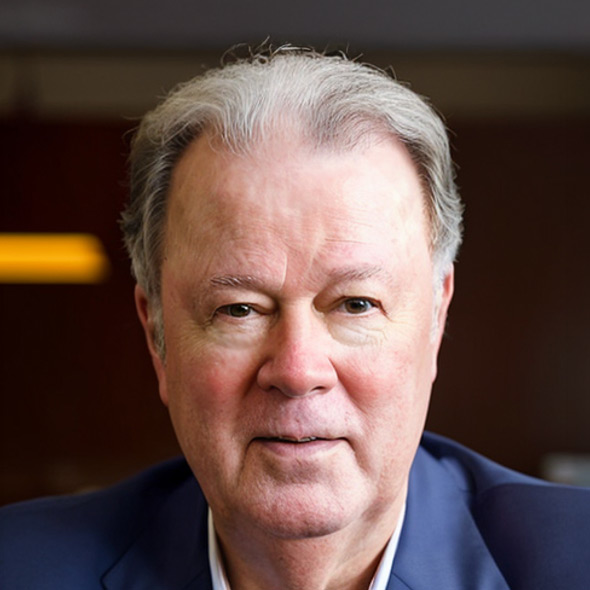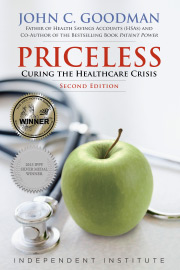The Obama administration is spending millions of dollars on pilot programs and demonstration projects in a desperate effort to try to control health care costs. Unfortunately, none of it is working. That’s basically the conclusion reached by the Congressional Budget Office in three separate reports.
Meanwhile, private employers, without any help from the government, are reducing costs by up to 30 percent, according to a study by the RAND Corporation.
How are they doing it? By making employees responsible for more of their own health care bills and by making deposits to health savings accounts (HSAs), which the employees own and control.
Part of the reason these plans are so successful is that employees are more careful, value-conscious buyers of medical services when they spend their own money from their HSAs than when they spend their employers’ money.
Consider vision care. Many health insurance policies provide only minimal coverage (if any) for eye exams and prescription glasses. So families typically shop around for eye care. This has given rise to specialized chain stores where you can be examined by an optometrist and in many cases go home on the same day—often within an hour or so—with prescription glasses. The stores compete for customers with convenient hours, a wide selection of frames and lenses, and highly competitive prices.
Or take local pharmacies. Many of them offer competitively priced flu and shingles shots. Some chain pharmacies have in-store health clinics with full-time doctors or physicians’ assistants, as do many Wal-Mart and Target stores. Prices aren’t a secret. They’re posted and advertised.
More comprehensive service is offered by “concierge” doctors, delivering more personalized medicine. These doctors usually cater to cash-paying customers, bundling and pricing services in ways that traditional doctors can’t. They typically offer access outside of traditional office hours, providing consultations by e-mail or telephone, and even making house calls. The doctors usually charge a pre-set annual upfront fee.
Not everyone is embracing this approach, however. In fact, one prominent health-industry executive told The Wall Street Journal that people don’t really care about health care until they need it. So they won’t shop carefully for the right doctor or the best procedure, the way they would for a new TV.
The RAND study refutes that concern, however. It turns out that people can and do make good choices.
The study examined medical claims data from more than 360,000 families that enrolled in high-deductible health plans with employee managed savings accounts from 2003 to 2007. The finding: Not only did spending go down by as much as 30 percent, there was no noticeable decrease in quality and no discernible difference in outcomes among various income groups. This was true even for high-risk families (those including a family member with a chronic condition such as heart disease, cancer, diabetes, or kidney disease).
The critics have other issues with HSAs. Some complain that our health care system isn’t transparent enough for consumer-driven health care to work. After all, how can patients make wise purchasing decisions when they can’t find out what anything costs? Answer: In those markets where patients mainly pay with their own money, there is never a problem knowing what the price is. Prices are only hidden when the bills are mainly paid by third parties—employers, insurance companies and government.
Another complaint is that individual patients have little bargaining power in the health care market. A big employer or large insurer can negotiate discounts that individuals can’t. The answer here is: Individuals with HSAs typically pay the same rates their employers have negotiated, regardless of whether the employee or the employer pays the bill.
Bottom line: Consumer-driven, patient-controlled health care is already here. People are making intelligent choices every day—shopping for the same combination of quality and value they seek in other markets.
It’s a tried-and-true method of cost control that needs more widespread adoption.











